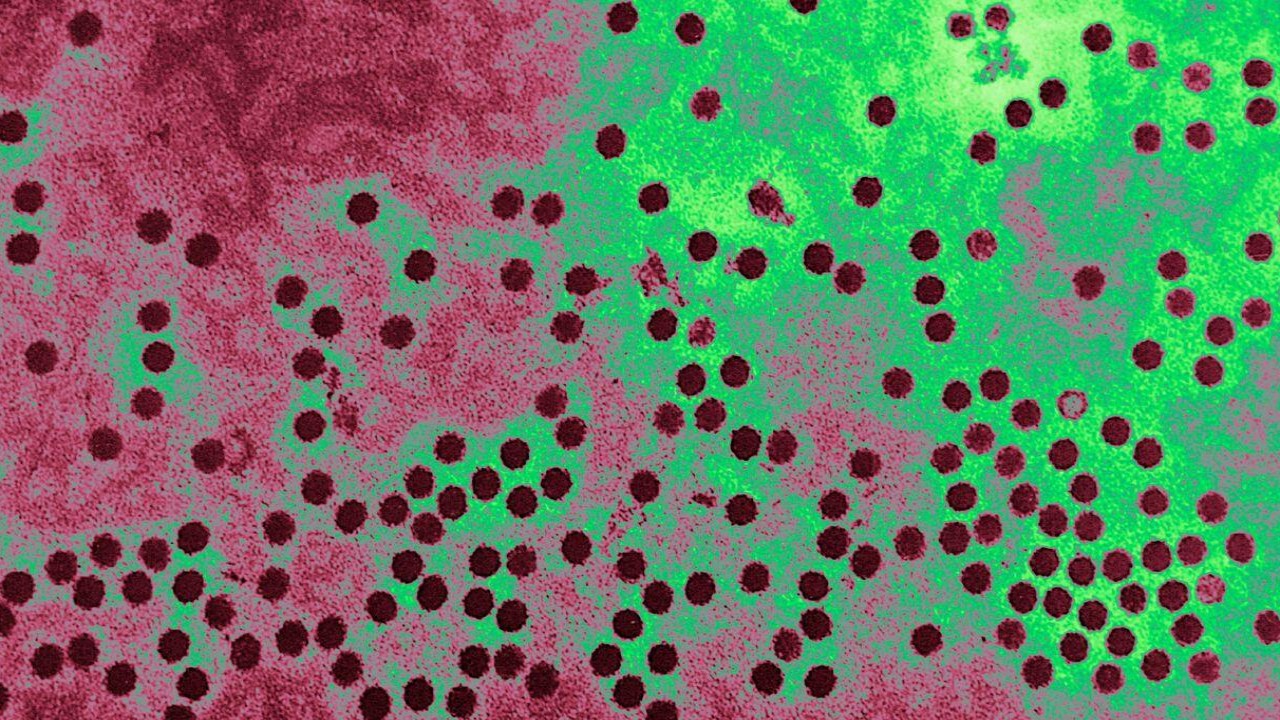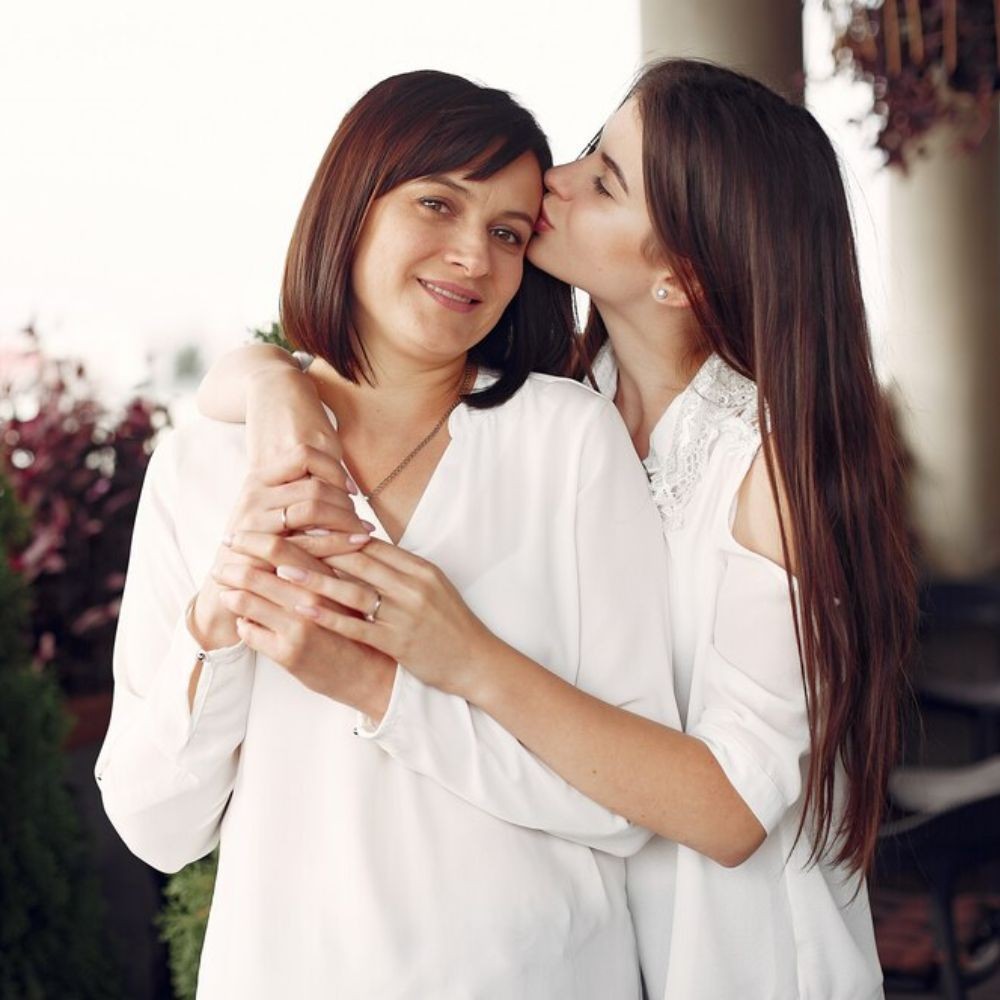What is Parvovirus B19 aka 'Slapped Cheek' illness? All we know about disease amid rising cases in the US
Parvovirus B19, also known as slapped cheek illness, is making headlines as cases increase in the United States. This contagious virus has recently seen an increase in number.

-
The CDC reports a recent increase in Parvovirus B19 infections in US following many cases in Europe
-
Spread through respiratory droplets from coughing or sneezing, Parvovirus B19 is highly contagious
The Centers for Disease Control and Prevention (CDC) recently issued a health advisory following a significant increase in cases of Parvovirus B19, also known as slapped cheek disease. This alert shows the increasing number of infections in the United States and provides critical information about the virus, its transmission, and preventive measures as per the New York Post.
In the first quarter of 2024, public health officials in 14 European countries reported an unusual rise in parvovirus B19 cases. The CDC has seen similar trends in the United States, with an increase in reported infections. "Recently, CDC has received reports indicating increased parvovirus B19 activity in the US," the agency stated in its alert.
Parvovirus B19 is a highly contagious virus that spreads primarily via respiratory droplets. This means it can spread when an infected person coughs or sneezes. It is one of many childhood illnesses that cause rashes, such as measles and scarlet fever. The virus is also known as the fifth disease because of its position among these illnesses.
A blood test can reveal whether someone has antibodies to Parvovirus B19, indicating whether they have had a current or previous infection, are susceptible, or are immune. According to the CDC, 50% of people who are exposed to the virus in their homes will contract it, and 20% to 50% of students and staff may become infected during school outbreaks.
Parvovirus B19 symptoms are typically mild and include fever, headache, cough, sore throat, rash, and joint pain. However, many people who have the virus do not exhibit any symptoms. When symptoms do appear, they usually develop in two stages:
Phase One: This phase begins about a week after infection and is characterized by fever, muscle pain, sore throat, and fatigue. Individuals are most contagious during this phase because viral loads in saliva and respiratory secretions are at their peak. This phase usually lasts around five days.
Phase Two: Between seven and ten days after the first phase, children may develop a distinct facial rash known as the slapped cheek rash. This could be followed by joint pain and a mottled skin rash. Adults are more likely to develop joint pain and a rash on their torso. By the time the rash appears, the individual is usually no longer contagious.
There is currently no vaccine or treatment for parvovirus B19. Most people recover completely without medical intervention. Severe complications such as myocarditis, hepatitis, or encephalitis are uncommon.
The virus can be transmitted to the fetus in pregnant women, but most cases are not serious. However, if a mother contracts parvovirus B19 between weeks 9 and 20 of pregnancy, there is a 5% to 10% chance of fetal anaemia or miscarriage.
The CDC recommends that pregnant women who experience symptoms or have been exposed to parvovirus B19 seek medical attention. Individuals with compromised immune systems, such as those with chronic blood disorders such as sickle cell disease, thalassemia, or hereditary spherocytosis, should also seek medical attention if they experience symptoms.





 JOIN OUR WHATSAPP CHANNEL
JOIN OUR WHATSAPP CHANNEL






















































